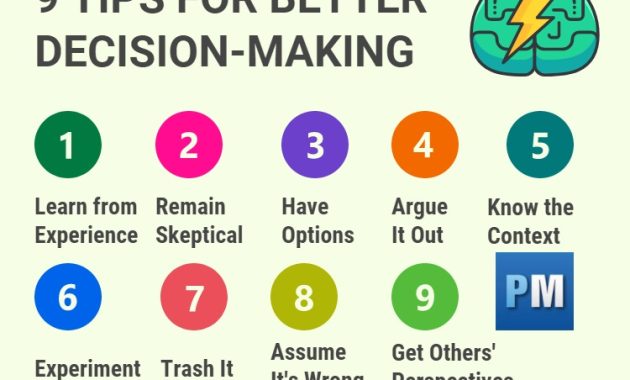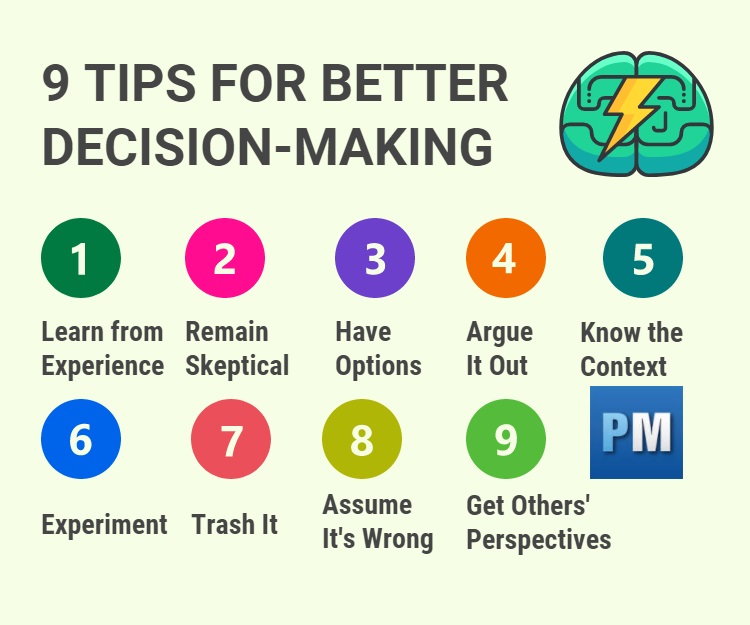
Mastering 10 Business Intelligence Tools To Boost Decision Making
In today’s data-driven world, businesses are drowning in information. The challenge isn’t just collecting data, but understanding it. This is where Business Intelligence (BI) tools come in. They transform raw data into actionable insights, empowering organizations to make informed decisions. This article explores ten essential BI tools that can significantly improve your decision-making processes. We’ll delve into their functionalities, benefits, and how they can be implemented effectively. The goal is to equip you with the knowledge to choose and utilize the right BI tools for your specific needs. This ensures you are making the most of your data.
Understanding the Power of Business Intelligence
Business Intelligence is more than just reporting. It is a strategic approach to analyzing business data. BI tools allow users to identify trends, patterns, and anomalies. This understanding helps in optimizing operations, improving customer experiences, and driving revenue growth. Effective BI implementation fosters a culture of data-driven decision-making. This shift leads to greater agility and responsiveness in a dynamic market. The focus is on providing the right information to the right people at the right time.
Top 10 Business Intelligence Tools to Consider
Selecting the right BI tools is crucial for success. The following tools are popular choices, each with its unique strengths. We will explore their key features and use cases.
Tableau
Tableau is a leading data visualization tool. It is known for its user-friendly interface and interactive dashboards. Tableau allows users to easily create compelling visualizations. These visualizations transform complex data into understandable formats. Its drag-and-drop functionality makes it accessible to users of varying technical skill levels. Tableau excels at data storytelling and data exploration. It is a powerful tool for uncovering hidden insights within your data. It is frequently used for creating executive dashboards and interactive reports.
Microsoft Power BI
Microsoft Power BI is a comprehensive BI platform. It integrates seamlessly with other Microsoft products. Power BI offers a wide range of features, including data modeling, data preparation, and visualization. Its robust reporting capabilities make it suitable for businesses of all sizes. Power BI’s affordability and ease of use are key advantages. It also offers strong integration with Excel and other Microsoft Office applications. This integration simplifies data import and analysis. [See also: Power BI: A Comprehensive Guide for Beginners]
Qlik Sense
Qlik Sense is known for its associative data modeling. It allows users to explore data relationships intuitively. Qlik Sense’s patented associative engine provides powerful data discovery capabilities. It highlights the relationships between different data points. Qlik Sense is great for uncovering unexpected insights. Its data storytelling features are also a major advantage. It supports a wide range of data sources and offers advanced analytics capabilities. This tool is suitable for organizations seeking in-depth data exploration.
Looker (Google Cloud)
Looker is a modern BI platform owned by Google Cloud. It emphasizes data modeling and governance. Looker allows for centralized data definitions. This ensures consistency across reports and dashboards. Its robust data modeling capabilities make it ideal for complex data environments. Looker integrates seamlessly with Google Cloud’s data services. This integration makes it an excellent choice for businesses already using Google Cloud. [See also: Looker vs. Tableau: Which BI Tool Is Right for You? ]
Sisense
Sisense is a BI platform designed for complex data analysis. It allows for the analysis of large datasets. Sisense offers in-memory processing and a flexible architecture. These features enable fast data processing and analysis. It is particularly well-suited for businesses with high data volumes. Sisense is known for its ability to handle complex data models. This tool is a strong contender for organizations with demanding analytical needs.
ThoughtSpot
ThoughtSpot focuses on search-driven analytics. Users can ask questions in natural language. The tool then generates relevant insights. ThoughtSpot simplifies data exploration for non-technical users. Its search-based interface makes it easy to find answers quickly. It is an excellent choice for democratizing data access. This tool empowers all employees to make data-driven decisions. It reduces reliance on specialized data analysts.
Domo
Domo is a cloud-based BI platform. It provides a unified view of business data. Domo offers a wide range of integrations and pre-built connectors. These features streamline data collection from various sources. Its real-time dashboards provide up-to-the-minute insights. This tool is ideal for businesses that need to monitor key performance indicators. Domo is a good fit for organizations looking for a centralized BI solution.
Zoho Analytics
Zoho Analytics is a self-service BI and analytics platform. It is designed for small to medium-sized businesses. Zoho Analytics offers an intuitive interface and affordable pricing. It integrates seamlessly with other Zoho products. This integration simplifies data management for Zoho users. This tool is a great choice for businesses looking for a cost-effective BI solution. It offers powerful analytics capabilities without a steep learning curve.
MicroStrategy
MicroStrategy is an enterprise-grade BI platform. It offers a wide range of advanced analytics capabilities. MicroStrategy is known for its scalability and security features. It is a good choice for large organizations with complex data needs. Its robust data governance features ensure data accuracy and compliance. This tool is a powerful solution for businesses that require sophisticated analytics.
SAP Analytics Cloud
SAP Analytics Cloud is a cloud-based BI platform from SAP. It offers integrated planning, predictive analytics, and business intelligence. SAP Analytics Cloud is designed to support end-to-end business processes. It integrates seamlessly with SAP’s ERP systems. This integration makes it a good choice for SAP users. This tool provides a comprehensive solution for data analysis and decision-making. It is well suited for organizations leveraging SAP’s ecosystem.
Key Benefits of Using Business Intelligence Tools
Implementing BI tools provides numerous benefits. These benefits directly contribute to improved decision-making. They also lead to better overall business performance.
- Improved Decision-Making: Data-driven insights lead to more informed decisions. This is the primary goal of using BI tools.
- Enhanced Efficiency: Automation and streamlined reporting save time and resources.
- Better Customer Understanding: Analyzing customer data helps in improving customer experiences.
- Increased Revenue: Identifying market trends and opportunities can boost sales.
- Competitive Advantage: Data-driven insights enable businesses to stay ahead.
Implementing Business Intelligence Tools: Best Practices
Successful implementation requires careful planning and execution. Consider these best practices when using business intelligence tools:
- Define Business Goals: Clearly identify what you want to achieve with BI.
- Choose the Right Tools: Select tools that align with your needs.
- Ensure Data Quality: Clean, accurate data is essential for reliable insights.
- Provide Training: Equip your team with the skills to use the tools effectively.
- Foster a Data-Driven Culture: Encourage data-based decision-making across the organization.
- Monitor and Evaluate: Regularly assess the effectiveness of your BI implementation.
Conclusion: The Future of Data-Driven Decision Making
Business intelligence tools are no longer a luxury. They are a necessity for any business. Businesses must thrive in today’s competitive landscape. The right business intelligence tools empower organizations to make better decisions. They allow for better decisions faster. By mastering these tools, businesses can unlock the full potential of their data. This is crucial for achieving sustainable growth and success. The ability to analyze data effectively is a key differentiator. It separates leaders from laggards in the modern business environment. Embracing these tools is an investment in the future. It drives informed decision-making. This is an investment that pays dividends in terms of efficiency, profitability, and competitive advantage. The ten business intelligence tools discussed offer a range of options. They cater to different needs and budgets. Choosing the right tools and implementing them effectively is critical. This allows businesses to harness the power of data. It ensures data-driven decision-making. It is the key to achieving long-term success.
The journey toward data-driven decision-making begins with the right tools. Start exploring these business intelligence tools today. Transform your data into a strategic asset. This transformation leads to smarter decisions. It drives better business outcomes. Make the most of your data with business intelligence tools.

